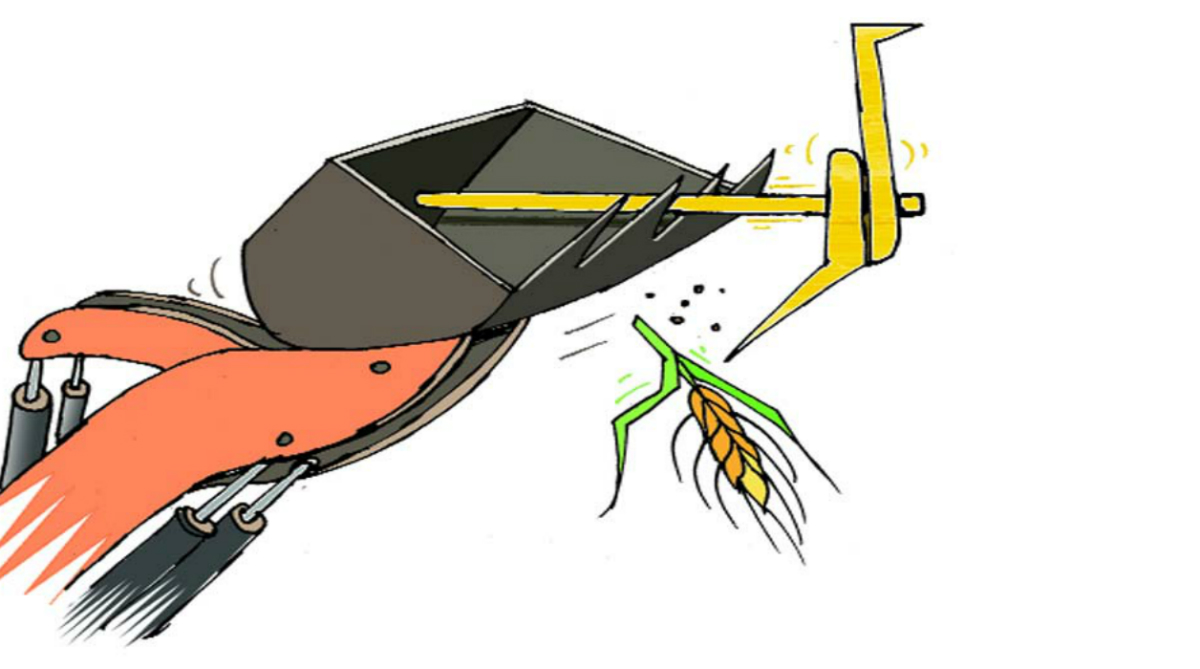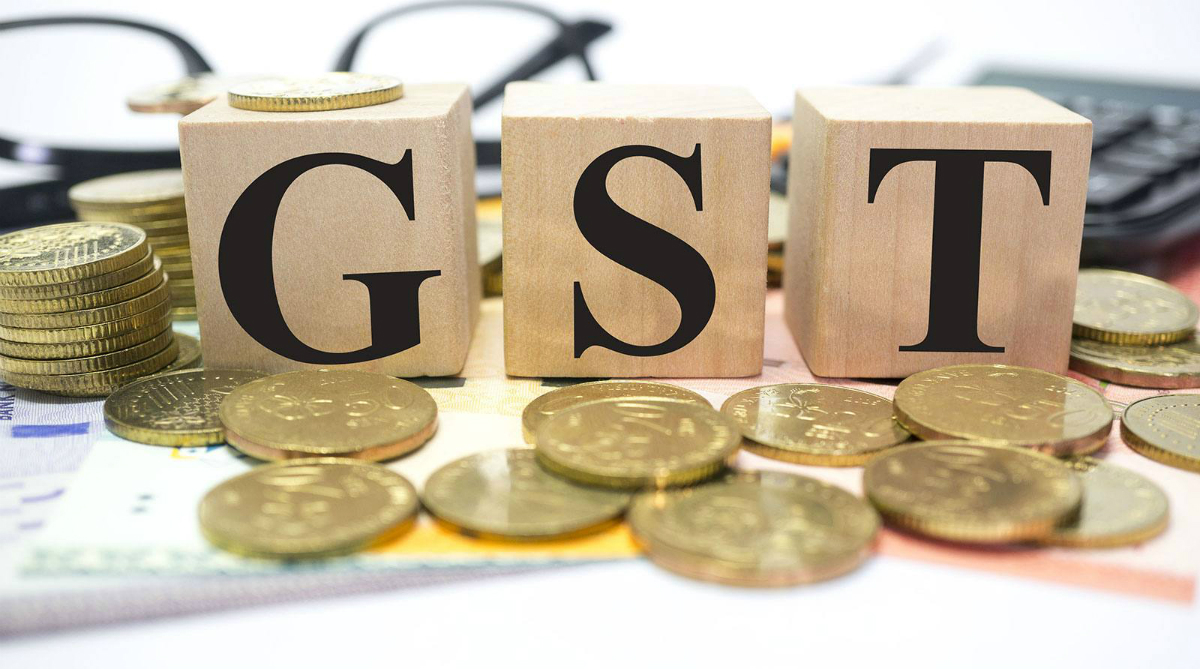By: Mr. Arpan Bansal, AVP and Head – Government COE
Land Acquisition is an essential tool for the development of a society and the nation as a whole. However, it has proven to be a source of discontent among citizens and often comes at the cost of the livelihood of indigenous land owners. Lack of visibility into the acquisition process has been known to aggravate citizens and cause grievances. Further, resettlement and rehabilitation adversely affect landowners who depend on their land for income, food and cultural identity.
After acquisition of land, the compensation provided to former landowners is often inadequate. Most rehabilitation programs are not supplemented with an examination of effective economic recovery of the rehabilitated population. The title of land is often difficult to pin. To add to it, maintaining myriads of land documents and routing them for approvals proves to be a major challenge for the process and drastically increases the process turnaround time. Moreover, land prices often appreciate post acquisition and completion of the developmental work, which may make the compensation seem miniscule in comparison. Landowners may sometimes find their neighbours profiting off the appreciation in land prices, which further aggravates feelings of acrimony.
There is a need for an effective Case Management platform that can act as a single platform to manage all the complex processes linked to every single acquisition case.
Seldom is adequate negotiation undertaken to ensure the delivery of a fair compensation for the land acquired. A meaningful dialogue needs to be entered with land owners to understand their concerns and decide upon a mutually agreeable compensation for the land being acquired. Two of the major challenges weighing down the Land Acquisition process are – Lack of professional management of this document intensive process and lack of mutual agreement between land owners and acquirers over the compensation. Further, an environment impact assessment also needs to be carried out along with Social Impact Assessment. This creates a web of interlinked activities that are dependent on one another for completion. These activities need to be monitored while adhering to timelines to reduce the effect of financial and other factors.
Technologies that streamline the acquisition process from end-to-end have proved to be a way out of this conundrum. Comprehensive Business Process Management and Enterprise Content Management platforms can effectively streamline the process reducing turnaround time. The process of determining the title of land, maintaining and storing myriads of land documents, routing these documents through multiple approval cycles and determining fair compensation can be automated with the right technology.
Moreover, there is a need for an effective Case Management platform that can act as a single platform to manage all the complex processes linked to every single acquisition case. A single window interface brings efficiency to tasks by assigning them to various stakeholders through one dashboard, which also supports monitoring and auditing activities. This not only leads to smooth and speedy administrative processes, but also helps in involving citizens through alerts/notifications via emails and SMSs. Further, these activities linked to a public website ensure a paperless environment where dependence on paper documents can be significantly reduced. Apart from the above, land acquisition, being a highly sensitive issue, requires careful management and archival of documents, which mandates a comprehensive records management system.
Automation simplifies many of the complexities involved in the Land Acquisition process. Since every case is unique and fraught with challenges of its own, agile and flexible process automation and exception management solutions can prove to be a panacea for land acquisition challenges.





